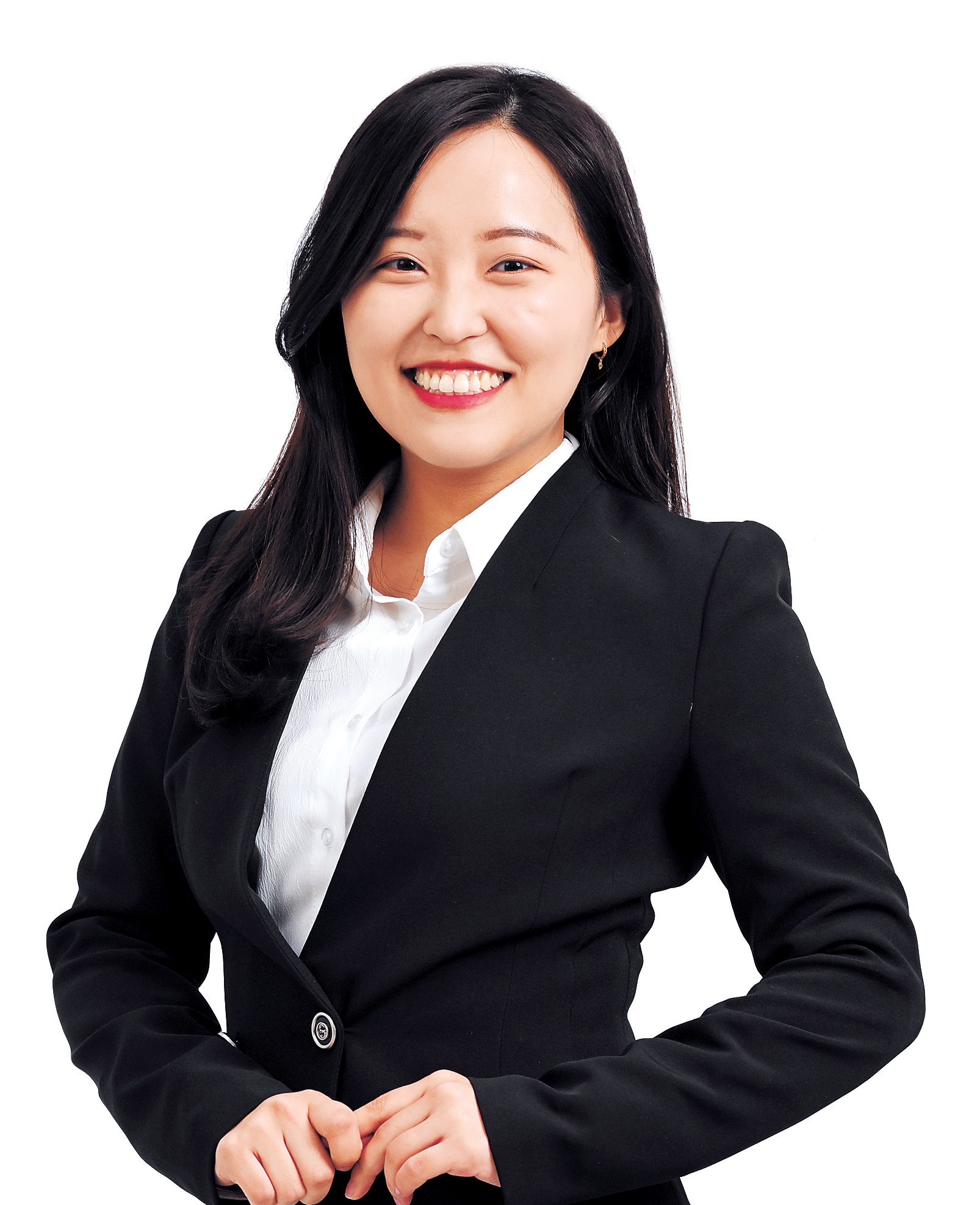Buoyed by high citizen support, Yongin mayor eyes next level
Mayor praised for response to relocation of Saemangeum Jamboree Scouts, solving of long-term city challenges and establishment of semiconductor industrial complexes
By Lee Jung-jooPublished : Jan. 22, 2024 - 16:01

Lee Sang-il was elected mayor of Yongin, Gyeonggi Province, in July 2022, and has demonstrated several achievements that earned him the nickname, “President of Yongin,” according to observers and insiders.
While South Korea is divided into central and local governments, Lee excelled across all categories in terms of his authority, personal connections and performance results, insiders said, quoting Lee's office.
Korea designates cities with a population of 1 million or more as special cities, and with a population of up to 1.1 million, Yongin earned its special city status in 2022. Currently, there are four special cities in Korea -- Yongin, Suwon, Goyang and Changwon. Special cities are normally granted more power compared to other local governments.
According to a survey conducted by Yongin Special City in November 2023, 59.8 percent of survey respondents answered that they were satisfied with Lee’s administration policies, a number 2.5 times higher than those who said they were not satisfied with Lee’s work. Lee especially earned his reputation during the World Scouts Jamboree in Saemangeum, North Jeolla Province, after the city of Yongin housed 5,000 Scouts who were relocated from the campsite due to the approaching Typhoon Khanun on Aug. 10, 2023.

Due to the hospitality provided by Yongin, the Scouts -- from eight different countries including Germany, Papua New Guinea and Montenegro -- were able to enjoy a number of cultural activities there, including meditation activities in Buddhist temples, a visit to the Gyeonggi Province Museum and watching cultural performances at Myongji University such as “pungmul,” an outdoor traditional folk music that involves drumming, dancing and singing.
Before the performance, Lee introduced Yongin as the “10th largest city in Korea and a leading semiconductor city,” as Yongin is home to leading semiconductor companies like Samsung Electronics, SK hynix and Lam Research. Lee also stated that Yongin is an education-centered city, with 10 universities and 186 elementary, middle and high schools.
Another one of Lee’s achievements that is widely praised by the citizens of Yongin is the government’s decision to designate a number of conglomerates' semiconductor operations as special complexes around the city. These include Samsung Electronics’ system semiconductor industrial complex in Namsa-eup and Idong-eup, SK hynix’s semiconductor cluster in Wonsam-myeon and Samsung Electronics’ Semiconductor Future Research Complex in Giheung-gu.
No other Yongin mayor has marked such an achievement. The establishment of such semiconductor industrial complexes is expected to create numerous jobs and generate a substantial economic impact in the area, expected to be worth billions of won.

Lee has also taken the lead in solving other long-term challenges, such as lifting restrictions on overlapping waterfront zones around Gyeongancheon in Pogok-eup, and resuming the construction of the underpass for local highway 315, a pinch point in Giheung-gu. Additionally, Gogi Bridge, a pinch point in Suji-gu, was expanded to relieve congestion, and all profits were encouraged to be reinvested into Yongin to develop a commercial town in Giheung-gu, dubbed a "Platform City.”
In the process, governmental regulations that had delayed resolutions to these challenges for the city were also lifted. For example, while the construction of an underpass for local highway 315 was halted due to safety concerns regarding Gyeongbu Expressway’s undergrounding plans, Lee solved this matter by presenting an alternative plan to officials in the Ministry of Land, Infrastructure and Safety. By suggesting the adjustment of the slope of the entrance and exit of the underpass, it was built according to the desires of Yongin's residents.
Lee also worked to revise governmental guidelines to allow grandchildren who have reached adulthood to live with their grandparents and to remove the three-year limit on continuing education support for those with disabilities.
‘It’s rewarding to hear from residents about the effectiveness of the solutions I found after consulting with government officials across the country,” said Mayor Lee. “While it also has to do with how I’ve made good use of my personal networks in the government and the ruling party, most importantly, it was through clear communication with citizens and governmental officials of Yongin that I was able to find the right solutions.”
Yongin’s goal for 2024 is to “increase the value of the city, the people and their daily lives to enhance the city’s future value,” said Lee in his New Year’s address.
“Helen Keller once said, ‘When we do the best that we can, we never know what miracle is wrought in our life, or in the life of another.' It is in this spirit that I, along with other public workers of Yongin city, will always do our best for the people of Yongin.”




![[Weekender] Korea's traditional sauce culture gains global recognition](http://res.heraldm.com/phpwas/restmb_idxmake.php?idx=644&simg=/content/image/2024/11/21/20241121050153_0.jpg&u=20241123224317)












![[More than APT] Residents, architects together design homes](http://res.heraldm.com/phpwas/restmb_idxmake.php?idx=652&simg=/content/image/2024/11/24/20241124050036_0.jpg&u=)
